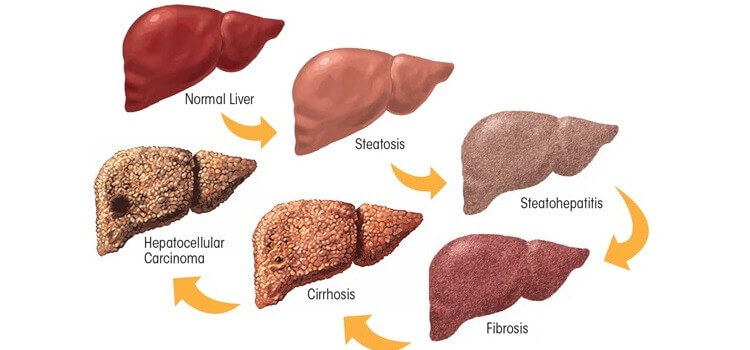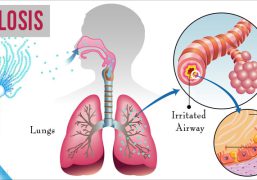Alcoholic Liver Disease
Alcoholic liver disease (ALD) is a medical condition that is caused by excessive alcohol consumption over a prolonged period of time. The liver is responsible for breaking down alcohol and removing it from the body. However, chronic alcohol abuse can lead to liver damage, inflammation, and scarring, which can ultimately result in liver failure.
The symptoms of ALD can range from mild to severe and may include fatigue, nausea, abdominal pain, jaundice, and swelling in the legs and abdomen. In some cases, ALD may not cause any symptoms until the liver damage is severe.
Diagnosis of ALD typically involves a combination of blood tests, imaging studies, and a liver biopsy to evaluate the extent of liver damage. Treatment for ALD involves quitting alcohol use and managing the symptoms of the disease.
In cases of mild ALD, quitting alcohol may allow the liver to heal and reduce inflammation. In more severe cases, additional treatment may be necessary, such as medications to manage complications or liver transplantation in cases of liver failure.
Prevention of ALD involves limiting alcohol consumption and seeking help for alcohol abuse if necessary. It is recommended that men limit alcohol consumption to no more than two drinks per day, and women limit consumption to no more than one drink per day.






